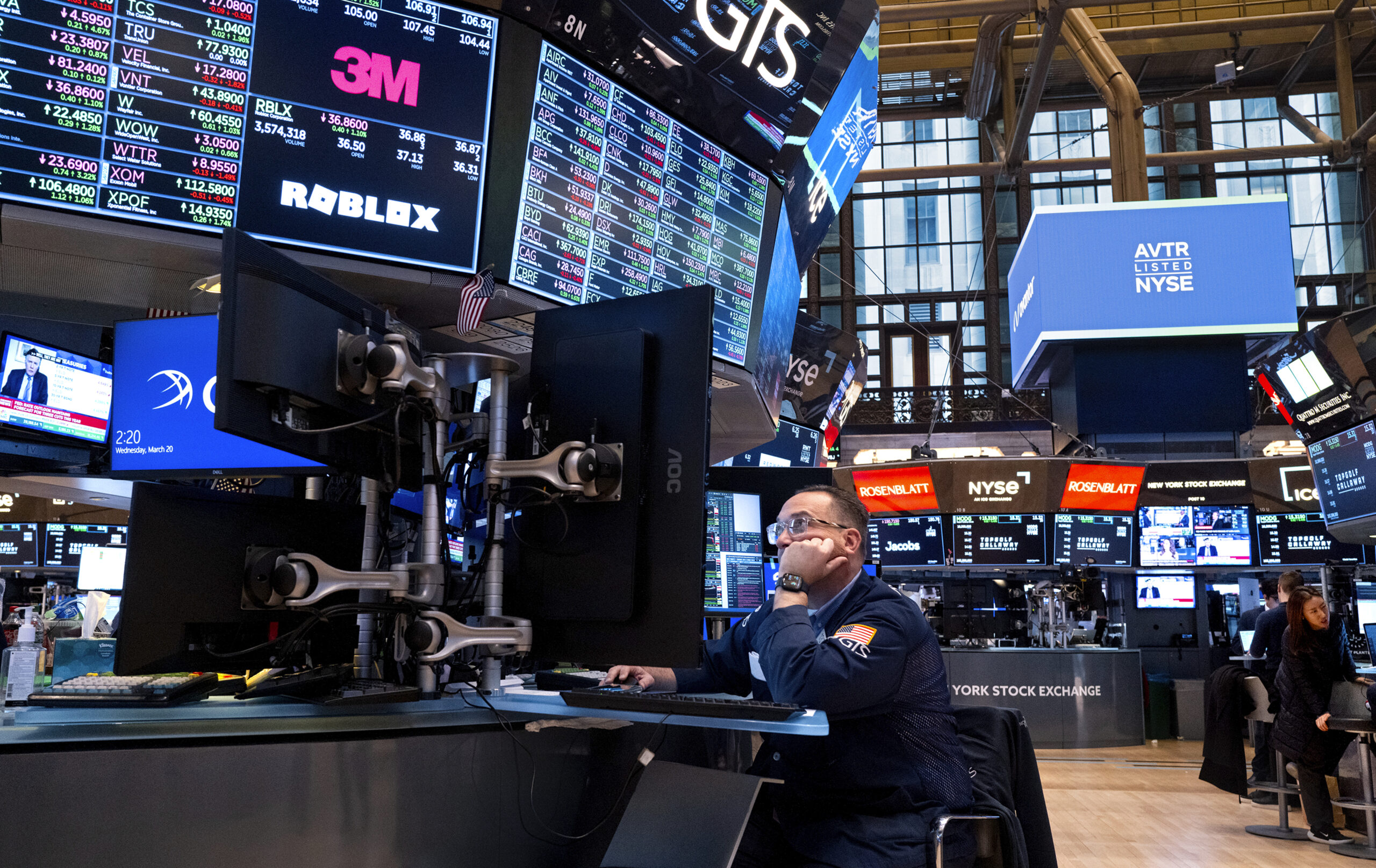
NEW YORK (AP) — US markets are far outpacing their global counterparts in 2024, continuing a decade-long trend of strong growth compared with the rest of the world.
The S&P 500 is up 10 per cent for the year, compared to just 4 per cent for developed markets outside the US Since 2019 the S&P has gained 48 per cent, compared to just 10 per cent for other developed markets, according to the MSCI, a benchmark of global stocks.
Since 2004, the S&P 500 has nearly quadrupled, while the MSCI is up 48 per cent.
Faster earnings per share growth is the main driver of the trend: Earnings for the S&P 500 are up nearly 47 times that of the broader global market over the last 17 years, according to Scott Wren, senior global market strategist at Wells Fargo Investment Institute.
Earnings growth overall for companies in the S&P 500 is expected to jump 11 per cent in 2024, following nearly 2 per cent growth in 2023 and 4.5 per cent growth in 2022. Strong consumer spending and a solid jobs market have been fueling the US economy, despite stubbornly high inflation and high interest rates making it more difficult to borrow money.
The US economy has historically been far more consumer-driven than counterparts in Europe and Asia, helping to fuel steady earnings growth for US companies over a longer period of time. Stock buybacks have also steadily increased over the last few decades, which tends to inflate earnings. Also, big tech companies typically dominate the movement of the S&P 500 and their profits have skewed growth for the benchmark index.
“The bottom line is investors pay for earnings growth and developed markets (outside the US) haven’t delivered,” Wren said, in a note to investors.
A series of recent reports on jobs, manufacturing and spending have reaffirmed that the US economy remains strong. Inflation also remains stubbornly high, adding more uncertainty to hopes for interest rate cuts this year.
The strong economic data bodes well for investors focused on earnings growth as a key investment consideration. The US government’s latest jobs report for March is a key example, coming in much stronger than expected and helping to rally stocks.
“To the extent that consumer spending and corporate profits are more important to investors than how soon, and how many times, the Fed will cut rates, then stock prices can move higher on this report,” said Chris Zaccarelli, chief Investment officer for Independent Advisor Alliance.
The European Central Bank also has its key interest rate at a record high, but has hinted that it could start making cuts in June. The Swiss National Bank made a surprise cut to its key interest rate in March. The moves could boost confidence in the European economy, which all but stalled in 2023.
Markets in Japan are poised for growth as the nation’s central bank raises interest rates for the first time since 2007, ending a policy of negative rates. Corporate confidence is improving, which could lead to more corporate investments by Japanese companies that would benefit shareholders, according to a market assessment from JPMorgan.
Meanwhile, weak consumer spending and lacklustre income growth could continue to hamper China’s economy. Retail sales growth slowed early in 2024 and consumer sentiment remains weak.
“Despite some constructive developments at the aggregate level, the Chinese recovery remains lopsided,” said Alejandra Grindal, chief economist at Ned Davis Research, in a report.



















































